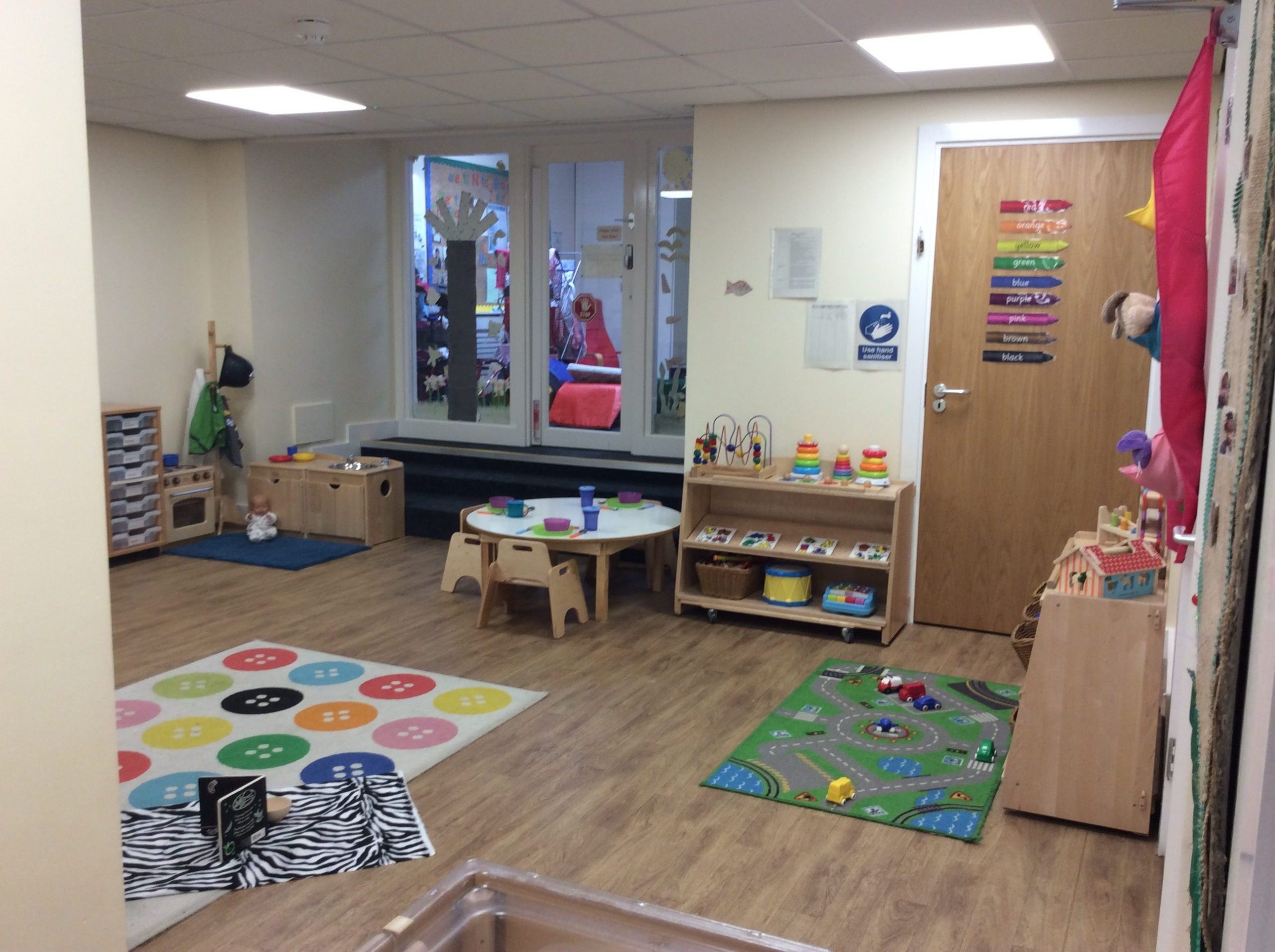It is Small Charity Week – an annual event that highlights the difference that small charities make to people’s lives.
We work with many inspirational small charities such as Child Dynamix in Hull, whose childcare and family services have been making a real difference to people’s lives since 2005.
Our partnership with them started in 2016, when they decided to take on social investment to acquire a building for a new nursery in the St Andrews ward in West Hull.
A new nursery through social investment
CEO Caroline East explained they wanted to work with an investor who understood the social impact of the investment and what it would mean for the community.
We provided a loan which was combined with grant from Power to Change to the purchase of a building, to provide nursery places for disadvantaged children.
Since opening Boulevard nursery in 2016, 90 children have used the service – seven under 2s, 29 children aged 2-3 years and 54 children aged 3-4 years. They have also worked with 18 children with additional needs or disability and 32 children where English is not their first language.
The Impact of Covid
During the pandemic, Child Dynamix has provided a lifetime for many families. Its nurseries remained open for key workers and vulnerable children. In the third lockdown this included all children.
It has been challenging but, for Child Dynamix, a charity rooted in the Hull community Caroline says it brought out the best in staff and volunteers and reinforced their commitment.
Their parent mentor service, family support and services for young people adapted to lockdown so they could remain connected to the service users. Telephone and ‘virtual’ became the new way of working.
However, these options weren’t for everyone, so the team worked flexibly with people in a way that best suited their circumstances – this meant offering regular face to face support where needed and practical help.
The charity provided food parcels, activity packs, and welfare ‘checks’, working closely with equally stretched statutory services. They offered socially distance walking for children that needed to get out of the house. With many living in cramped, unsuitable housing, this provided a vital escape for some when schools were closed.
When restrictions eased last summer, the team resumed much of their pre-lockdown provision and found themselves responding to increased demand as problems, hidden in lockdown, emerged.
By November 2020, Hull had the highest infection rates in the country. They had staff self-isolating and saw the first positive cases of Covid in their workforce. This impacted on service delivery, especially in the nurseries and put additional pressure on staff and volunteers.
Lockdown during the winter was particularly hard. The team had learnt a lot from the previous lockdowns, but with nurseries open for everyone they had different challenges to deal with.
Some parents were scared to bring their children in. The team worked with families individually so everyone could access their services, and this meant taking activity bags round to homes and doing Zoom calls.
Caroline says that all staff and volunteers have worked extremely hard, even whilst having concerns about their own health at times when the infection rates were high, so they could offer as near a normal service as possible.
Financially the charity implemented a range of actions to mitigate impact on both the long and short term, including revised budgets, use of the Job Retention Scheme and applications to specific Covid-19 funds.
The impact of the pandemic continues to be felt on their trading income, especially on the income from day-care and room hire, as well as reduced fundraising activity. The charity believes this financial fluctuation will continue throughout the year and will continue to do so going forward.
Caroline says, “The resilience, camaraderie, commitment, and sheer determination shown across our workforce and by all those using the service, demonstrates that people really do want to help and be there for each other.”
It has also provided important learning. For example, when staff took activity packs round to families, they realised not every home has access to even the most basic things like footballs. We will be continuing to invest in these packs beyond the pandemic.
Moving some services online encouraged more people to engage too, as they could fit them into their day, or they felt more comfortable. Telephoning and texting gave people a different way to access the charity and the charity will use a mix of face to face, telephone and virtual to deliver their services in the future.”
The future
Taking on social investment to purchase the nursery was a key milestone towards Child Dynamix’s long term sustainability. It has enabled the charity to offer nursery provision in a different part of the city and start offering more services.
Covid-19 has slowed progress down a little, but Child Dynamix plans for Boulevard nursery to become more of a family hub like its nurseries in the east of the city and have plans to recruit a family support worker.
Other projects are also on the horizon such as a Youth and Nature project that helps children with challenging behaviours. They also want to extend their parent mentor project from those with children aged 10-16, to those whose children are as young as five.
Caroline concluded, “Our aim is to look after people from when they are first pregnant, the babies and children going through the service and support them when they eventually becoming parents themselves. A lot happens on an individual’s life journey, and we like to offer services that meet their needs at all stages to improve the outcomes for children and young people across Hull.”


